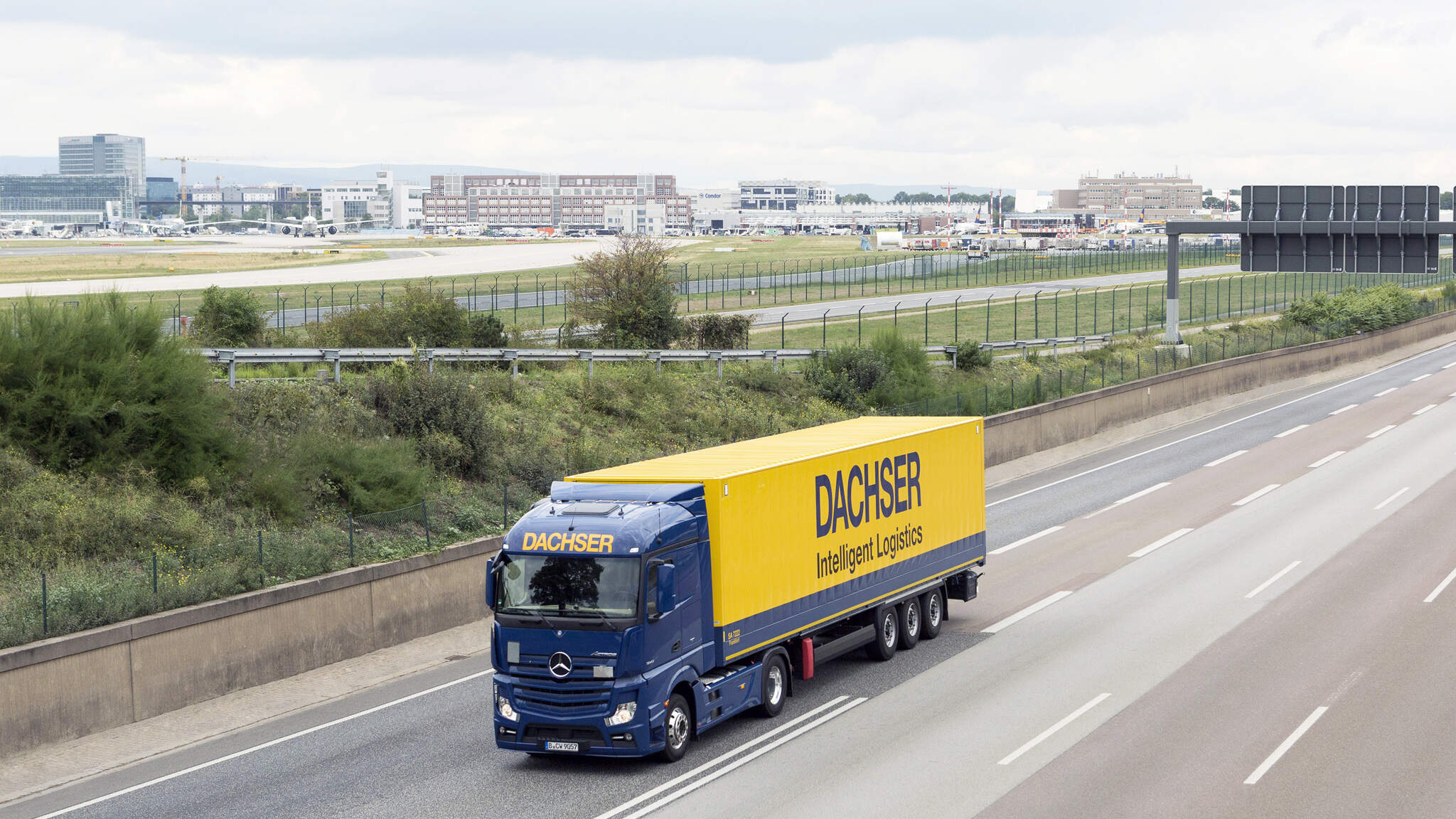06/02/2023
"Integrity in Logistics" is the self-imposed moral commitment of the major family-led company DACHSER. It is based upon respect for society, its citizens and their norms, which must be respected, followed and upheld. This is done both as part of our daily work as well as in our interactions with others.
DACHSER Compliance Management covers both the internal company Code of Conduct as well as the DACHSER conduct guidelines. These mandatory rules and guidelines clearly specify that all DACHSER employees are to act ethically and legally in carrying out their tasks and services and consistently adhere to national laws. This also applies to the customs, traditions and societal values of each state and society.
If you would like to play an active part in supporting the DACHSER Compliance Management System or report potential misconduct, you are welcome to use our compliance reporting system supportDACHSER.
Compliance Statement of the Executive Board of DACHSER Group SE & Co. KG
A resilient compliance management system is an important pillar for maintaining integrity, also and especially in times of global challenges.
Once again, people are being shown that they do not always have everything one hundred percent under control. The worldwide exceptional situation of the pandemic can only be influenced to a limited extent by political or economic interests. International supply chains seem to be out of control. Especially in such a situation, it is important to give people the necessary confidence that their basic supplies will be maintained. Global supply chains are under enormous pressure because they form the backbone of any supply.
DACHSER is facing up to all these developments. With our global logistics network and our sophisticated systems, we are excellently equipped to meet the challenges ahead. In times of reinventing delivery strategies and the general fear of further escalation in the market, we at DACHSER never lose sight of the most important piece of the mosaic: the people. Each of us has it in our hands to make our individual contribution in the interest of all. At the same time, especially in times like these, people long for a sense of trust and security. A shared understanding of values certainly makes a significant contribution to fulfilling this longing.
Our compliance motto "Integrity in Logistics" not only provides our own employees with guidance for acting in accordance with our DACHSER values. Rather, our business partners can also align themselves with this strong foundation. Together, we thus form the basis for trusting cooperation in line with the traditional ideals of the honorable businessman.
In addition, we are sending out another signal to express our value-based actions: DACHSER has used the past year intensively to expand the options it previously made available for reporting compliance violations. With supportDACHSER all persons now have a technically supported option for reporting in addition to the analog contact channels. The highly secure system offers full anonymity and complies with all relevant data protection requirements. In this way, both internal employees and external third parties are enabled to report potential integrity violations to the DACHSER Compliance Office without fear of reprisals.
Even in times of great challenges Compliance does not take a break. With "Integrity in Logistics" we are always at the side of our business partners as a reliable partner.
